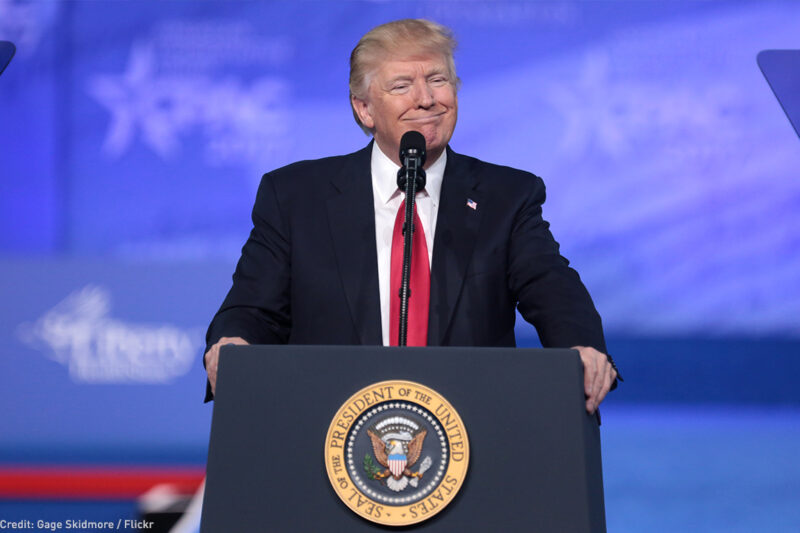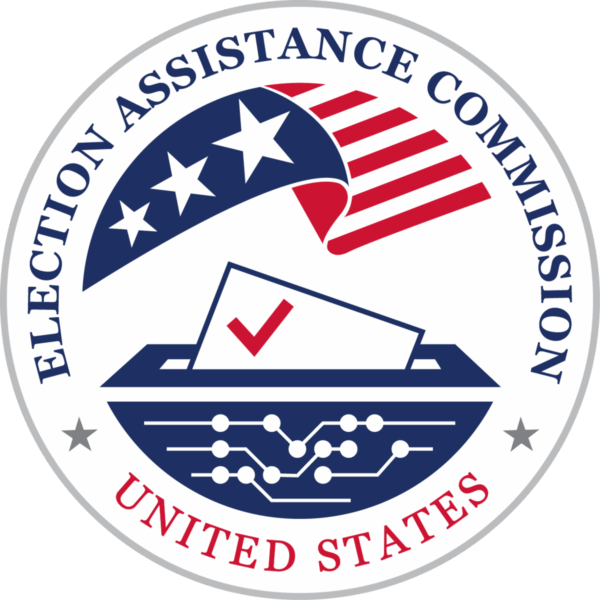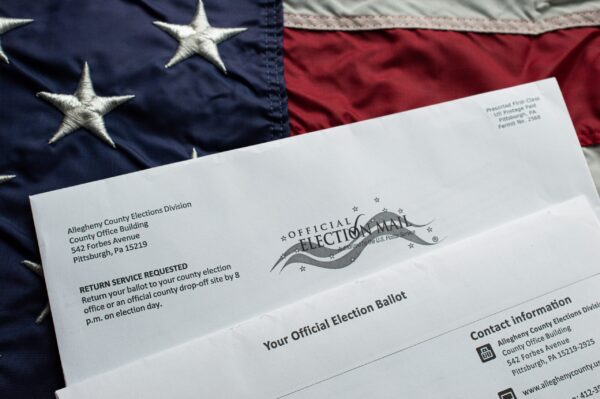Trump and Kobach’s Voter Fraud Lies Are Making More Voters Lose Confidence in Our Elections, Says New Poll


No matter how many studies have found that voter fraud is extraordinarily rare in the U.S., some public officials continue to tell Americans falsehoods about the state of our elections.
But their untrue claims are, unfortunately, resonating among some voters.
According to a poll unveiled on Thursday in The Washington Post, a majority of Republican voters believe that voter fraud, such as a person impersonating a registered voter or noncitizens voting, is a regular occurrence. Over half of Republicans polled also said they would agree with a hypothetical plan from President Trump to postpone the 2020 election “until the country can make sure that only eligible American citizens can vote.”
As researchers Ariel Malka and Yphtach Lelkes note, the “survey is only measuring reactions to a hypothetical situation,” but it shows that beliefs in voter fraud are widespread and could be used to justify disturbing policies.
A good portion of the blame for that widespread belief rests with the president. Trump has described voter fraud as “very, very common” in elections and tweeted that “DEAD PEOPLE” had “helped get President Obama elected.” Following the election, he blamed his 2.9 million popular vote loss on “the millions of people who voted illegally.
In January, Trump said that more than three million votes in the last election were fraudulent. To defend his allegation, the president cited Gregg Phillips, an activist who just days after the election tweeted that the “number of non-citizen votes exceeds 3 million” in the election, but to this day has refused to release any evidence to substantive his supposed findings. The only proof Phillips cited to support his “analysis” was Trump’s tweet about his claim: “Our analysis is what it is and we believe that truth is truth and if the president and his team believe the same is true, then maybe they are.”
Get that? But there’s more.
The man Trump tasked to investigate voter fraud across the country, Kansas Secretary of State and vice chair of the commission Kris Kobach, endorsed Trump’s false claim that he lost the popular vote due to fraud, even maintaining that Americans “may never know” if Trump or Hillary Clinton received more votes.
Kobach has made it his mission to spread patently untrue allegations about voter fraud. When it comes to finding actual cases of voter fraud, however, Kobach has come up empty.
But politicians besides Trump and Kobach have also spread the voter fraud myth, which has driven state efforts to pass restrictive laws and policies that are ostensibly meant to root out fraud but in reality disenfranchise voters, people of color in particular.
One study found that 200,000 voters in Wisconsin were disenfranchised by a state photo ID law that, according to a legislative staffer, was driven by a desire to suppress the vote among young voters and residents of Milwaukee. In North Carolina, the Fourth Circuit Court of Appeals found that state lawmakers passed a photo ID law in order to make it more difficult for African-Americans to vote, targeting them “with almost surgical precision.”
While it is absolutely troubling that a substantial number of voters would approve of a hypothetical plan to postpone the next presidential election, it is even more disconcerting that politicians are enacting laws that take away the ability to vote from tens of thousands of Americans under false pretenses.



